PROTECT YOUR DNA WITH QUANTUM TECHNOLOGY
Orgo-Life the new way to the future Advertising by AdpathwayFormer Vice President Mike Pence’s recent remarks comparing the trade philosophies of Presidents Ronald Reagan and Donald Trump reveal a complex and nuanced debate. Pence argues that Reagan was a steadfast free trader, a sentiment he backed up with a Wall Street Journal editorial. However, a closer look at Reagan’s record exposes a significant qualifier in Pence’s assertion: Reagan championed free trade when it was fair, often resorting to tariffs to protect American workers against unfair competition.
Reagan’s trade policies were not merely aligned with the concept of free trade; they were also deeply protective of American industries. When Trump unveiled reciprocal trade tariffs in April, he pointed out how countries like China had exploited the United States, damaging key sectors such as automaking and steel. Trump stated, “Our country and its taxpayers have been ripped off for more than 50 years, but it is not going to happen anymore.” This perspective aligns with Reagan’s actions during his presidency.
In fact, Reagan utilized tariffs as a tool to shield American jobs when foreign trade practices threatened domestic industries. He imposed a 100 percent tariff on Japanese electronic goods in the late 1980s due to unfair trading practices. “We expect our trading partners to live up to their agreements,” Reagan argued, suggesting that a commitment to free trade also required a commitment to fair practices. This stance is particularly relevant today as debates on protectionism and global competition continue to dominate the political landscape.
Critics like Pence often highlight Reagan’s warnings against high tariffs, citing a 1987 radio address where he stated, “High tariffs inevitably lead to retaliation by foreign countries and the triggering of fierce trade wars.” While this is a valid point, it illustrates Reagan’s intent to engage in fair trade—meaning that when he deemed a trading partner unfair, he had no qualms about using tariffs as leverage. His imposed tariffs on Japanese electronics were a direct response to Japan’s refusal to grant American products access to its market.
The irony in the current political discourse is palpable. Pence’s inference suggests a rigid understanding of Reagan’s principles, one that fails to account for the historical context and the reactive nature of Reagan’s policies. After the European Economic Community placed restrictions on American grain and oilseed imports, Reagan responded by increasing tariffs on European products, echoing the idea of reciprocal tariffs—a tactic Trump has employed.
Additionally, Reagan’s administration took action against Japanese motorcycle imports to protect Harley-Davidson, demonstrating his willingness to intervene for the sake of American manufacturing. This proactive approach underscores that Reagan’s legacy isn’t merely about being a free trader but about ensuring fair trading conditions for American workers and industries. The former president positioned himself not just against tariffs but against unfair competition in an international market that often didn’t play by the rules.
The ongoing conversation between protectionism and free trade remains relevant, especially as Trump’s broader tariff measures have indeed surpassed those of Reagan. Nonetheless, stating that Reagan was unyielding in his support for free trade oversimplifies his legacy. The former president’s actions indicate a belief that free trade must be coupled with fairness; in essence, he advocated for both free and fair trade.
This historical analysis highlights the crucial takeaway: both Reagan and Trump approached trade from positions that prioritized American interests. While Trump’s strategy might appear more aggressive, Reagan’s selective use of tariffs in defense of American industries reveals a similar commitment to protecting workers and the economy when necessary. Understanding their trade policies in this layered context unveils the intricacies of American political dialogue on trade and the importance of fair practice in achieving the ideals of free trade.
"*" indicates required fields


 1 day ago
5
1 day ago
5

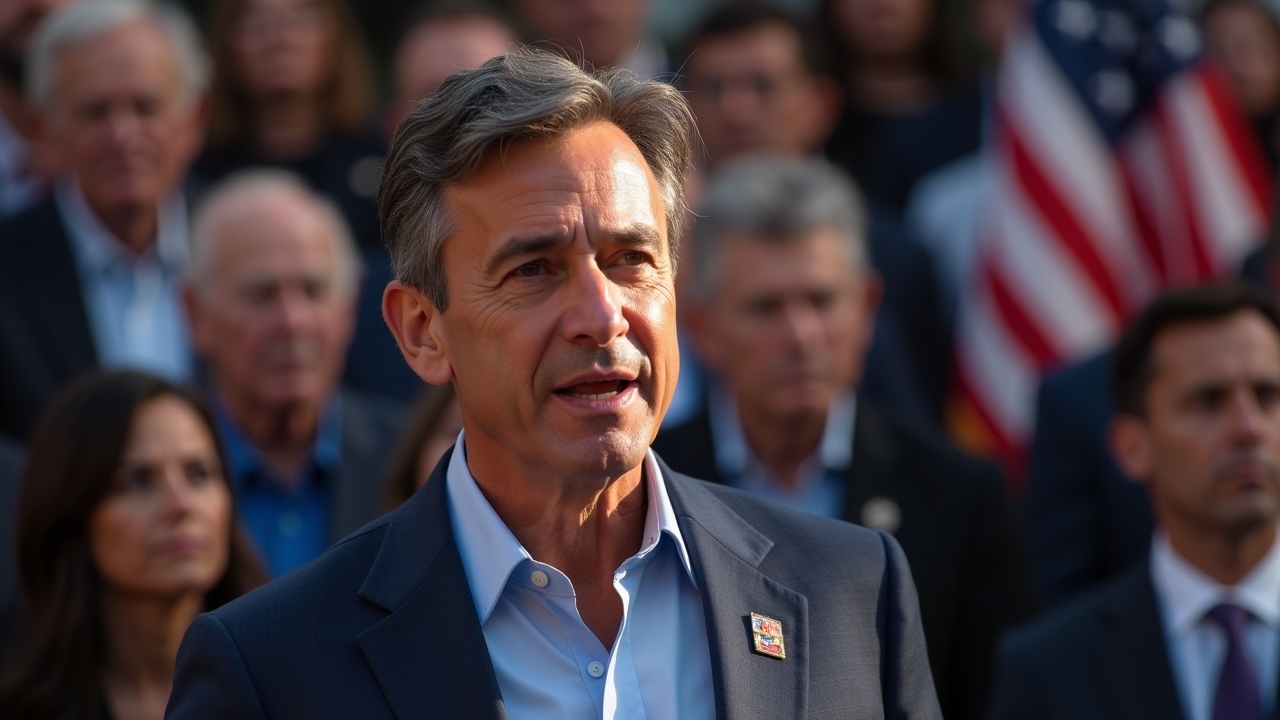
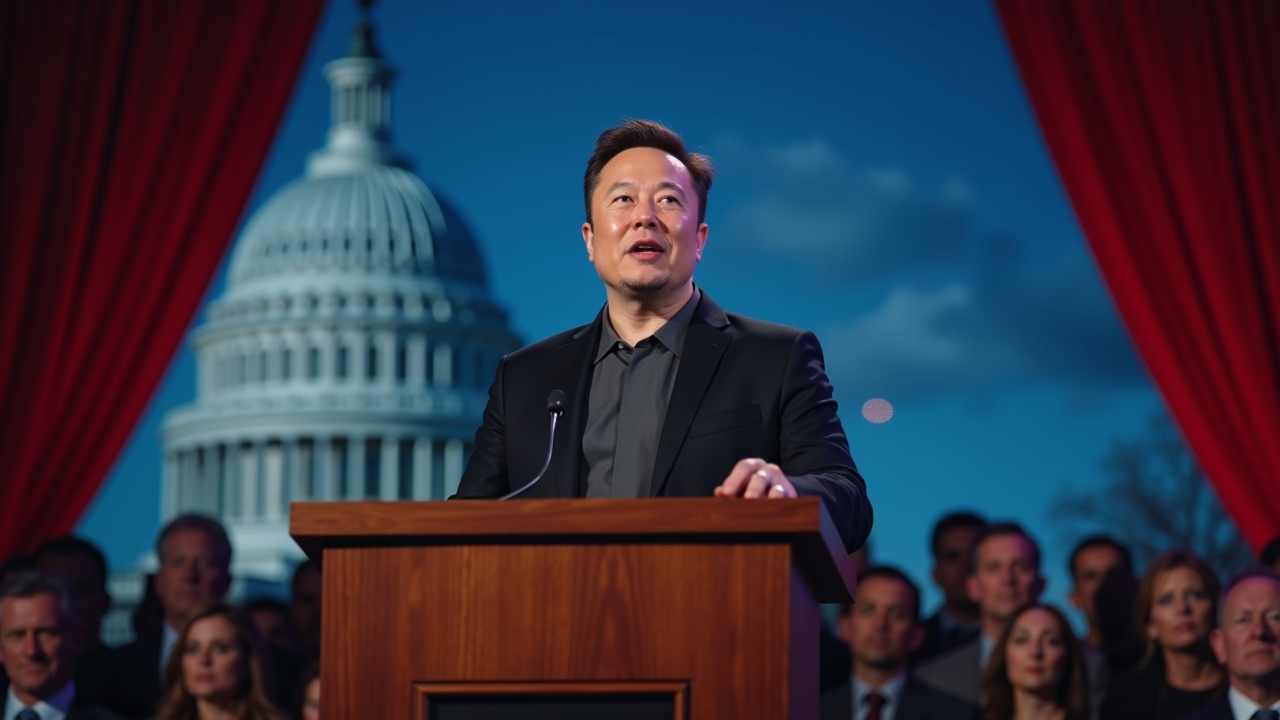
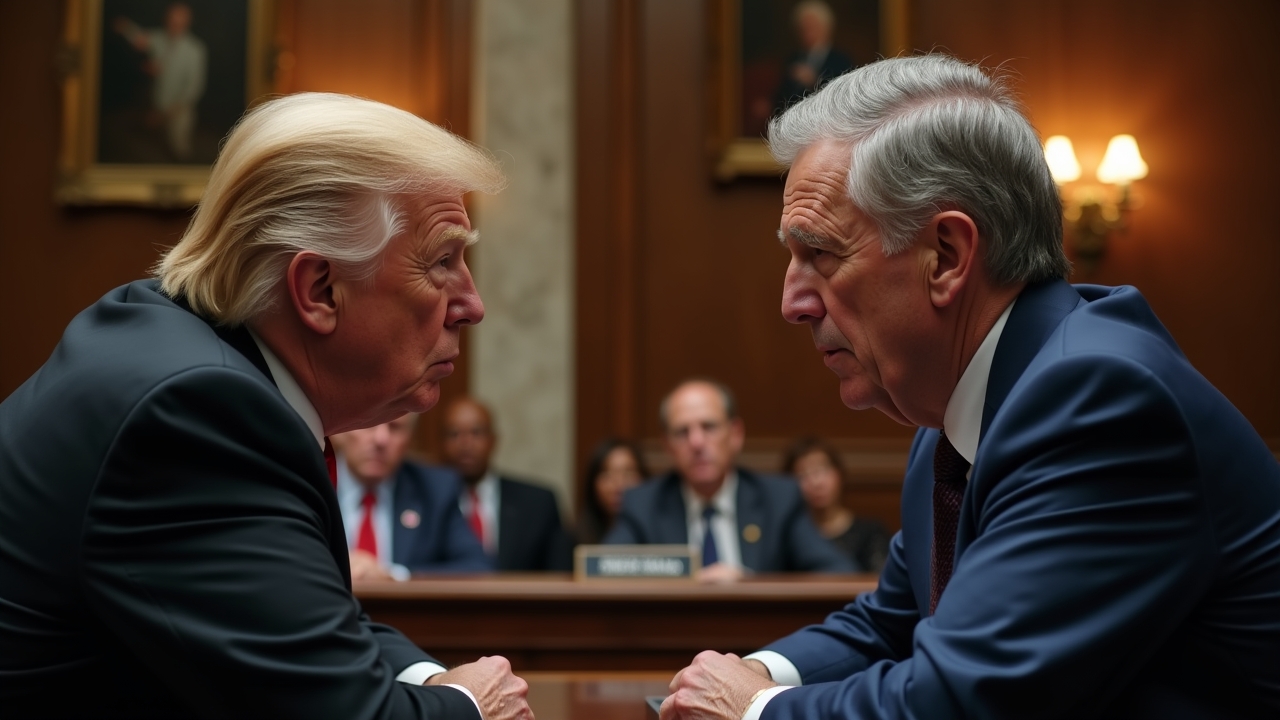
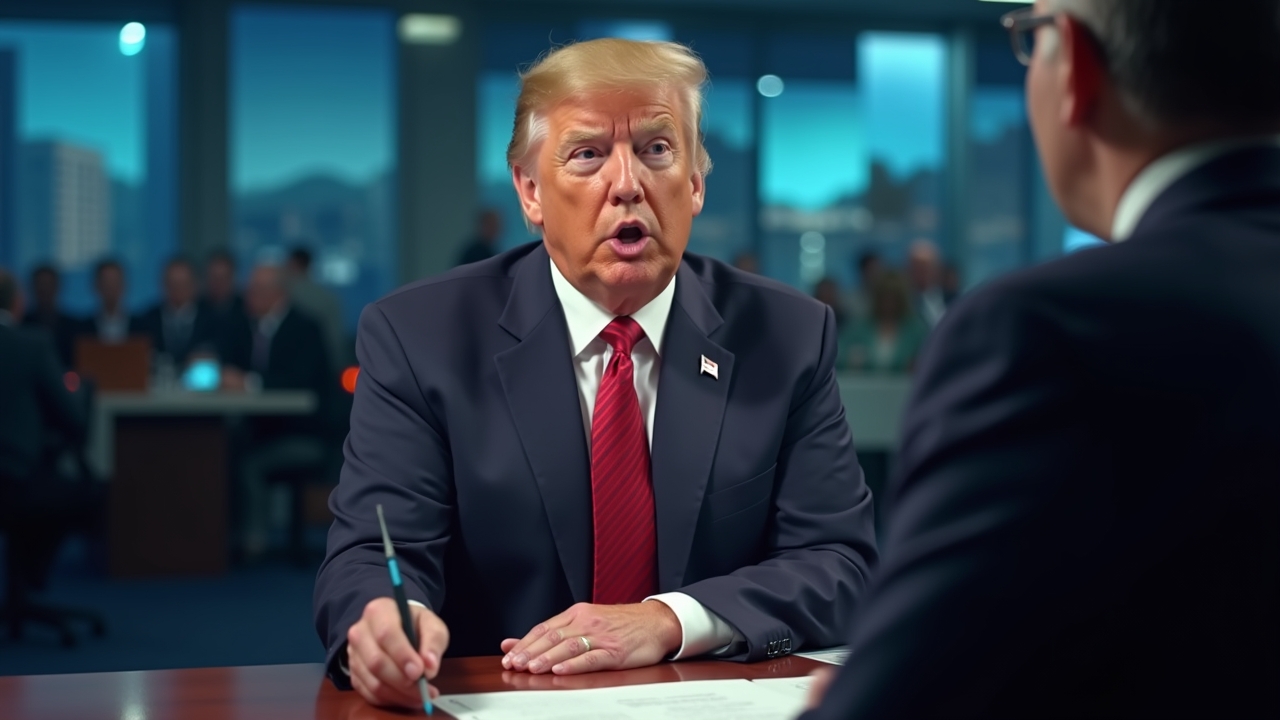
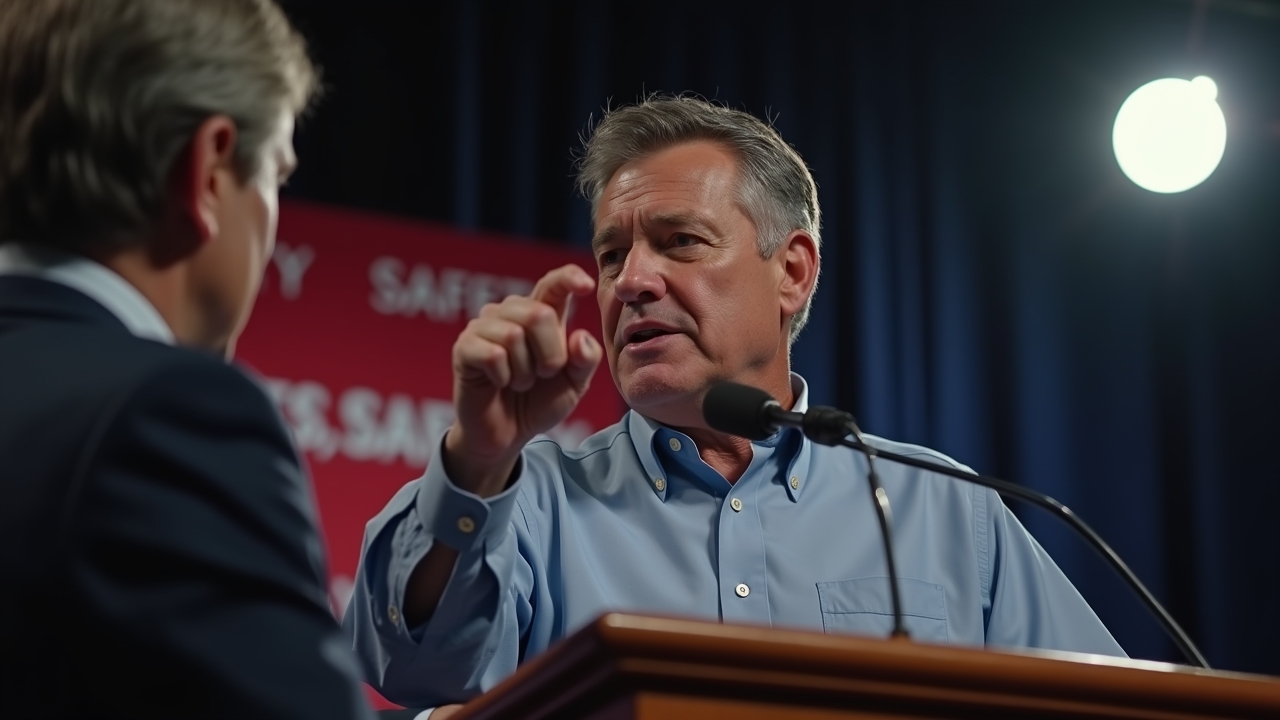

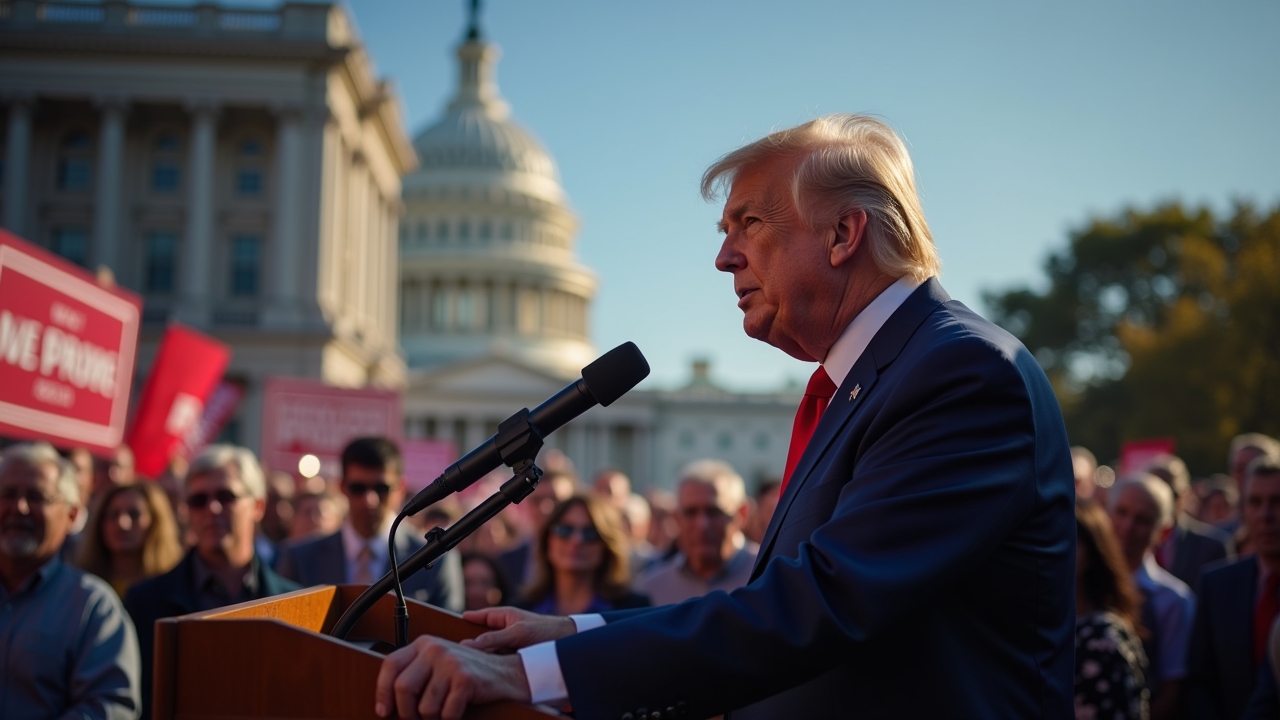










.jpg)






 English (US) ·
English (US) ·  French (CA) ·
French (CA) ·